Keywords: Super
There are more than 200 results, only the first 200 are displayed here.
-
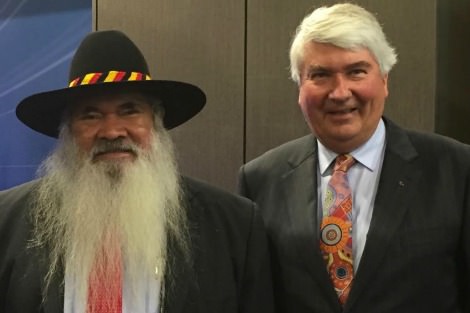
AUSTRALIA
- Frank Brennan
- 15 April 2016
21 Comments
The royal commission into Aboriginal deaths in custody, which signed off on its final reports 25 years ago this Friday, definitely improved the systems for supervision of persons in detention, reducing the risk of deaths in custody. It also led to better coronial procedures. But it failed to reverse Indigenous imprisonment rates and it did little to counter the underlying causes of Indigenous imprisonment. Back then, Patrick Dodson saw police as the main problem. Now, he thinks it's the legislators.
READ MORE 
-
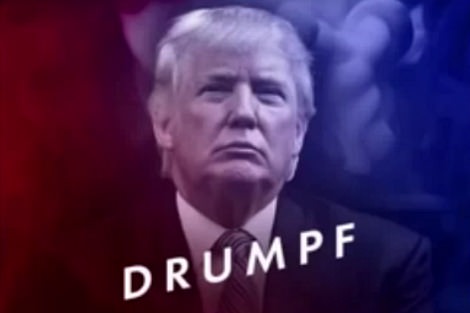
INTERNATIONAL
- Jim McDermott
- 04 March 2016
5 Comments
On Sunday Drumpf demurred when asked how he felt about former Ku Klux Klan grand wizard David Duke voicing his support for a Drumpf presidency. And yet he still swept the polls in the American Super Tuesday primaries, racking up wins in eight of 11 states. Under Barack Obama the US has had eight years of largely responsible, idealistic executive leadership. Yet rather than shepherding in a new hope-filled era, we find ourselves standing before a chasm of largely uncontrolled id.
READ MORE 
-
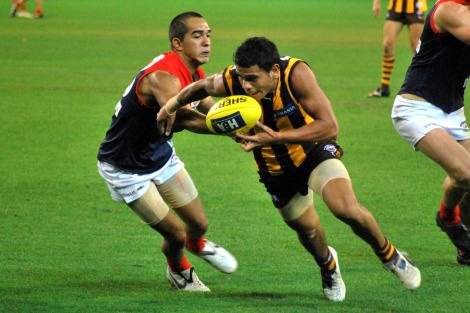
MEDIA
- Erin Riley
- 29 February 2016
16 Comments
Sports journalists shape narratives. There is drama intrinsic to sport, but the sports journalist draws it out, identifying heroes and villains, and slotting each performance into a broader arc. The power to influence the way the public understands a game or player ought to be wielded carefully. Too often, it is not. This is best demonstrated by the ways in which commentators and journalists speak about Indigenous athletes. A simple superlative can be loaded with more than a century of cultural baggage.
READ MORE 
-
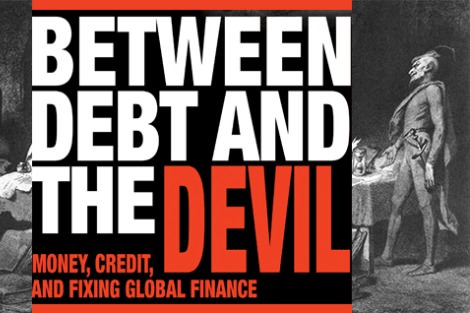
ECONOMICS
- David James
- 26 February 2016
8 Comments
It is not often that federal political parties exhibit courage. Labor's decision to change the rules on negative gearing is a rare instance. It targets what is most dangerous and unfair in our financial system. Expect howls of protests from powerful lobby groups if it ever looks like becoming policy. But these changes alone won't be enough to deal with the ills of the financial system. While they are designed to target the bias away from productive investment, they won't remove the attraction towards property.
READ MORE 
-
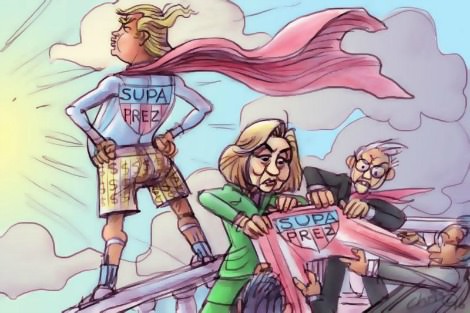
INTERNATIONAL
- Jim McDermott
- 08 February 2016
5 Comments
Many Americans want a President who speaks to their deepest dreams and ideals. A champion. Trump's vision of reality is the polar opposite of Obama's, a hellscape where foreigners, the unemployed (and women) are eroding society. But, like Obama, he has positioned himself as a champion of those filled with frustration, insisting it doesn't have to be this way. Bernie Sanders is in many ways the Trump of the left, a political outsider who says what progressive Americans have long been thinking.
READ MORE 
-
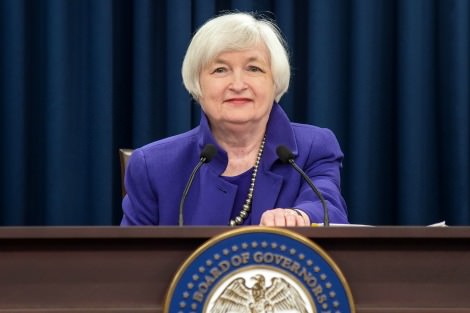
ECONOMICS
- David James
- 19 January 2016
11 Comments
Low interest rates tend to change the understanding of risk; having high debt seems to be less of a problem because the cost of servicing it is lower. This cavalier attitude has been especially evident in Australian households, which have racked up more debt relative to the size of the economy than any other country in the world. The massive appetite for debt has been replicated across the globe. The world may have survived the era of casino money - just - but it is now facing another crisis.
READ MORE 
-
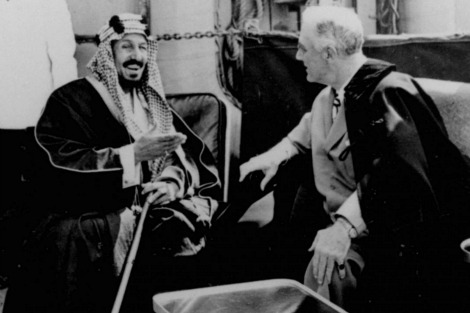
ECONOMICS
- David James
- 15 December 2015
3 Comments
In the early 1990s, America, Europe and Japan accounted for about 90 per cent of world GDP. Now, they account for less than half. The BRICs and other developing nations have grown steadily (in China's case spectacularly) while Europe has stagnated and America has sputtered at best. Recent developments in the geopolitics of fossil fuels and in finance confirm the perception that the rise of China and the developing world spells the end of US global hegemony. Against this backdrop, the narrative of the West has grown increasingly incoherent.
READ MORE 
-

RELIGION
- Frank Brennan
- 03 December 2015
The consideration of medico-legal problems in the public square of a pluralistic democratic society keeping pace with profound technological change is often marked by simplistic assertions, precluding considerations of comprehensive world views, whether religious or philosophical. It is now commonplace for doctors to be told to leave their consciences at the door, as their patients are consumers and they are suppliers and of course the market decides. Debates about law and policy are often resolved with simplistic assertions about individual rights and autonomy, with little consideration for the public interest, the common good, and the doctor-patient relationship. Even conscience is said to be a matter for contracting out. This evening I ask whether there are more compelling ways to resolve medico-legal dilemmas, while conceding a limited role for law in determining the range of acceptable answers.
READ MORE
-

AUSTRALIA
- Jeff Sparrow
- 02 December 2015
7 Comments
For many years, historian Gary Foley has drawn attention to the racist past inscribed throughout the infrastructure of Melbourne University. Now, some staff and students are campaigning to rename facilities linked to particularly egregious individuals, such as the Richard Berry building, named after a leading eugenicist who stole the corpses of Indigenous people for research designed to prove the racial superiority of whites. While some accuse the campaigners of politically correct censorship, in fact the past has already been censored, and the campaigners are dragging it back into the light.
READ MORE 
-

ARTS AND CULTURE
- Tim Kroenert
- 19 November 2015
1 Comment
Following its whitewashing of 'wife-beater' Ant-Man and the Black Widow slut-shaming debacle, Marvel has a long way to go to show it is not one big boys club. Alias, basis of the new series Jessica Jones, is one example of a modern day Marvel comic that, in the words of pop culture critic Roz Kaveney, offers a 'rebuke to the convenient pieties of the comic book', by proving that comics can be thematically rich, and can take serious issues — such as the physical and sexual abuse of women by men — seriously.
READ MORE 
-
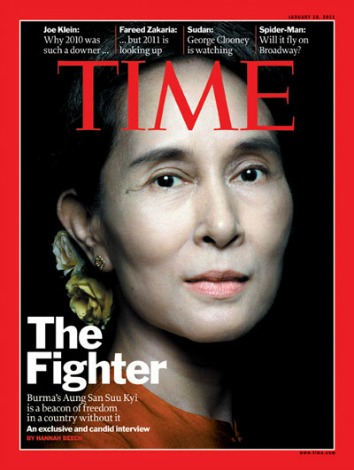
INTERNATIONAL
- Amal Aung Zaw
- 13 November 2015
5 Comments
The results resonate beyond the shores of Myanmar. The manner in which a fragile woman with the power of empty hands wrought a miracle, melting decades of totalitarian dominance, is the stuff of history. The world savours this moment as its own. This is the Gandhi moment, the Mandela moment of the 21st Century. In an era of ISIL killings and chronic violent wars in the middle east for 'democracy', a woman from the east has once again affirmed the moral superiority of non violence.
READ MORE 
-

ENVIRONMENT
- David James
- 05 November 2015
2 Comments
In the early 1990s London engineer Allan Jones took the suburb of Woking off the grid by establishing a system of tri-generation, which reduces waste by generating power locally. The Sydney City Council employed Jones in 2009 to bring the same approach to Australia. But regulations from previous eras that greatly favour the incumbent power companies are preventing any meaningful change. Once again we find that the main challenges with tackling global pollution are not technical, but political.
READ MORE 